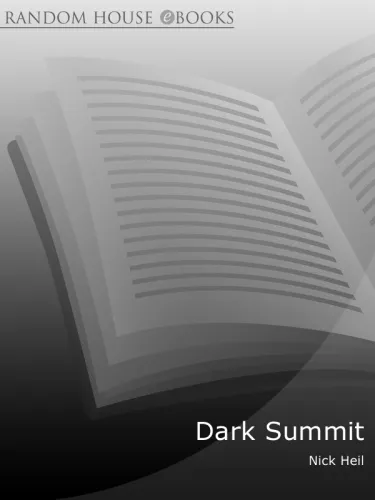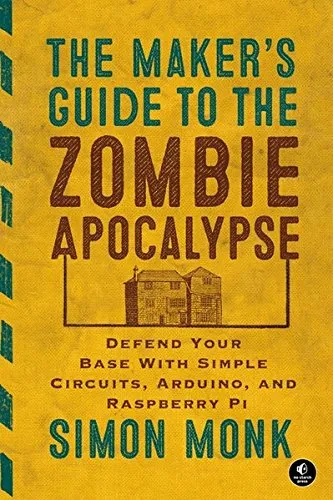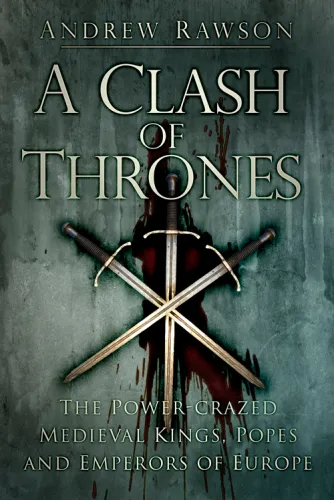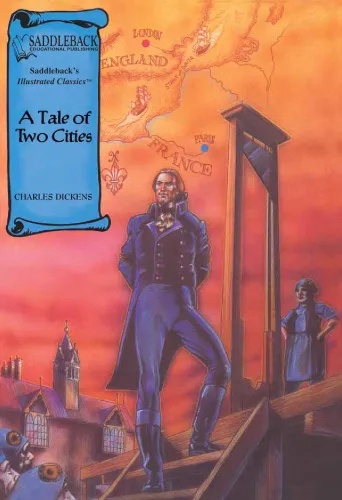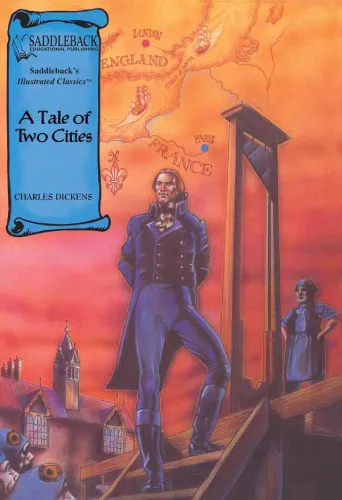Mid Twentieth Century Novelists: George Orwell
4.5
Reviews from our users

You Can Ask your questions from this book's AI after Login
Each download or ask from book AI costs 2 points. To earn more free points, please visit the Points Guide Page and complete some valuable actions.Related Refrences:
Introduction
Welcome to Mid Twentieth Century Novelists: George Orwell, an insightful exploration of one of the most influential writers of the 20th century. This book delves deep into the life, works, and enduring legacy of George Orwell, the pen name of Eric Arthur Blair, who remains a touchstone for political thought, literary innovation, and social commentary. Through an incisive analysis of his groundbreaking novels and insightful essays, this book captures the breadth and depth of Orwell's genius, unraveling the layers that make his works resonate across decades.
George Orwell is best known for his classics Nineteen Eighty-Four (1949) and Animal Farm (1945), but his lesser-known essays, autobiographical works, and journalistic writings are equally significant in understanding his worldview. This book aims to present Orwell not just as a novelist, but as a thinker deeply attuned to the socio-political currents of his time. By positioning him within the framework of mid-20th-century literary and political movements, Mid Twentieth Century Novelists: George Orwell provides a comprehensive guide for scholars, students, and readers alike.
Detailed Summary of the Book
Mid Twentieth Century Novelists: George Orwell offers a multifaceted exploration of Orwell's life and works, structured into key sections that investigate his motivations, challenges, literary achievements, and his ongoing influence. The book begins with a biographical sketch, highlighting Orwell's early struggles, experiences in colonial Burma, participation in the Spanish Civil War, and his battle against tuberculosis. These life experiences play a crucial role in shaping the themes underpinning his works.
The book then navigates through Orwell’s major novels, essays, and reviews, providing in-depth analyses of his seminal works, including Animal Farm and Nineteen Eighty-Four. A recurring theme throughout the book is Orwell’s relentless criticism of totalitarianism, social inequality, and the abuse of power. Each chapter illuminates the intricate connections between Orwell’s personal convictions and the universal truths he sought to convey through his writing.
Furthermore, the book delves into Orwell's lesser-known works like The Road to Wigan Pier and Homage to Catalonia, showcasing his acute observational skills and his commitment to unveiling the harsh realities of his time. Through a meticulous evaluation of these texts, readers gain an appreciation for Orwell’s evolution as a writer and a thinker.
Key Takeaways
- George Orwell’s ability to blend fiction with social and political commentary makes his works timeless and universally relevant.
- Orwell's life experiences—his time in Burma, his observations of poverty in England, and his involvement in the Spanish Civil War—profoundly influenced his writing.
- Themes like the dangers of totalitarianism, the manipulation of language, and the corruption inherent in power run as recurring motifs through Orwell’s works.
- Nineteen Eighty-Four and Animal Farm remain deeply relevant in contemporary discussions around censorship, freedom, and democracy.
- Orwell’s lucid writing style and commitment to clarity make his works accessible, yet they contain layers of meaning that reward deep study.
Famous Quotes from the Book
“If liberty means anything at all, it means the right to tell people what they do not want to hear.”
“The most effective way to destroy people is to deny and obliterate their own understanding of their history.”
“In a time of deceit telling the truth is a revolutionary act.”
Why This Book Matters
Mid Twentieth Century Novelists: George Orwell matters because it provides a panoramic view of Orwell’s work and legacy, unpacking the complexities of his thoughts and writings for modern readers. In an era marked by rapid technological advancement, political instability, and growing concerns about surveillance and freedom of speech, Orwell’s work becomes more relevant than ever.
By examining Orwell's personal history alongside his literary output, this book underscores the enduring power of literature to challenge authority, foster critical thinking, and inspire change. Whether you are a student seeking to understand 20th-century literature or a casual reader interested in exploring Orwell’s works more deeply, this book offers valuable insights that ensure Orwell's writings continue to illuminate and provoke thought for generations to come.
Free Direct Download
You Can Download this book after Login
Accessing books through legal platforms and public libraries not only supports the rights of authors and publishers but also contributes to the sustainability of reading culture. Before downloading, please take a moment to consider these options.
Find this book on other platforms:
WorldCat helps you find books in libraries worldwide.
See ratings, reviews, and discussions on Goodreads.
Find and buy rare or used books on AbeBooks.
1313
بازدید4.5
امتیاز0
نظر98%
رضایتReviews:
4.5
Based on 0 users review
Questions & Answers
Ask questions about this book or help others by answering
No questions yet. Be the first to ask!
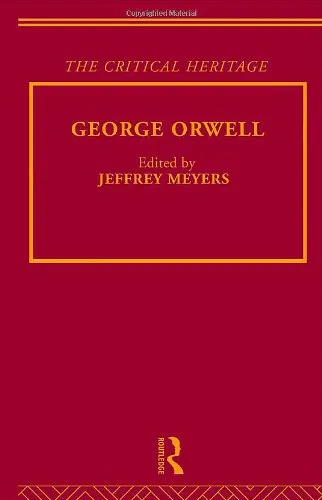


![ISE Vander's Human Physiology [Team-IRA]](https://s3.refhub.ir/images/thumb/ISE_Vander_s_Human_Physiology__Team-IRA_22339.webp)
![Human Physiology ISE [Team-IRA]](https://s3.refhub.ir/images/thumb/Human_Physiology_ISE__Team-IRA_22340.webp)
